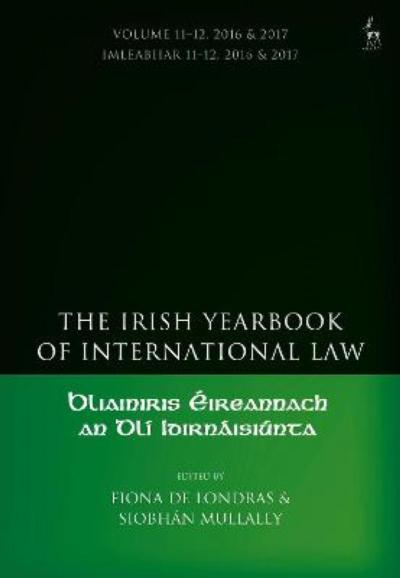Report in External Series
| 2002
Judicial independence: A key to justice: An analysis of Latin America in the 1990s
Bergen: Chr. Michelsen Institute 237 p.
This dissertation is about judicial independence. It deals with two interrelated questions. The first half of the dissertation argues, based on a statistical analysis of 18 Latin American countries, that increases in formal judicial independence through constitutional reforms arise in response to three main factors: (i) independent courts are needed to deal with human rights violations and reinstall the rule of law after periods of authoritarianism; (ii) governments undertaking economic liberalisation need independent courts to secure property rights and encourage foreign investment; and (iii) political parties that face electoral threat would want independent courts to secure a level playing field, lest they find themselves in opposition. An in-depth analysis of Argentina, Chile, and Uruguay largely confirm these findings. However, the comparative analysis also demonstrates that reforms are only successfully passed when a particular political situation arises that changes the short-term calculations of the actors who benefit from the status quo and hence oppose reforms. In Argentina, the catalyst for constitutional reform was presidential re-election; in Chile, a corruption scandal. In Uruguay, judicial reforms failed to pass due to the lack of public and political pressure.
The second half of the dissertation argues that judicial independence has been a central factor in explaining changes in judicial behaviour with respect to cases of gross human rights violations in the three mentioned Southern Cone countries since their transitions to democratic rule in the 1980s. There are two preconditions for trials to take place; (i) a reduction in military threat and (ii) a persistent demand for justice. Both conditions are present in all three countries. The increased propensity for judges in Chile and Argentina to prosecute the military for human rights violations is attributed to structural reforms of the judiciary. In addition, changes in the regional and international legal environment have provided judges with new legal 'tools' as well as personal models for judicial decision making. The failure of Uruguayan judges to prosecute its military is explained in part by the lack of judicial reform. The dissertation concludes that, by taking on a more activist role, Latin American judiciaries are no longer a marginalised third branch of government.
(PhD Thesis, University of California)




